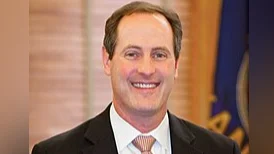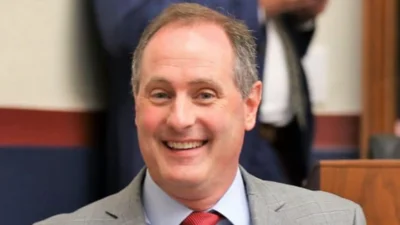Rep. Tracey Mann, U.S. Representative for Kansas 1st District | Official U.S. House headshot
Rep. Tracey Mann, U.S. Representative for Kansas 1st District | Official U.S. House headshot
U.S. Representative Tracey Mann and U.S. Senator Jerry Moran are inviting feedback on a legislative proposal aimed at granting Haskell Indian Nations University a federal charter. The legislation intends to shift the university's governance from the Bureau of Indian Education (BIE) to a Board of Regents nominated by Tribal communities, while continuing federal support.
Rep. Mann highlighted Haskell as "a one-of-a-kind, historic institution" established for students from federally recognized tribes. He emphasized the need for a governance change due to what he described as years of mismanagement by the Department of Interior and BIE. Mann stated, "It is obvious that the best way to protect Haskell’s rich heritage and culture is to charter the university and remove its governance from the federal bureaucrats."
Senator Moran noted that Haskell University has historically offered Native American students tuition-free education in an environment respectful of indigenous heritage. He criticized recent neglect by the BIE, asserting, "The bureau has failed to protect students... It is clear that the best path forward is for the university to be led by an independent Board of Regents."
Brittany Hall, President of the Haskell Board of Regents, remarked on barriers faced due to federal constraints, advocating for a governance model empowered by a U.S. Congressional charter.
Joseph Rupnick, Chairman of the Prairie Band Potawatomi Nation, expressed gratitude for this legislative initiative, saying it would strengthen Haskell as a federally chartered university.
Located in Lawrence, Kansas, Haskell Indian Nations University serves nearly 1,000 students each semester from over 130 federally recognized tribes. It remains under BIE governance as the only four-year postsecondary institution with an entirely indigenous population.
Feedback on this proposed legislation is sought from Native American communities and stakeholders in higher education until February 1, 2025.


 Alerts Sign-up
Alerts Sign-up